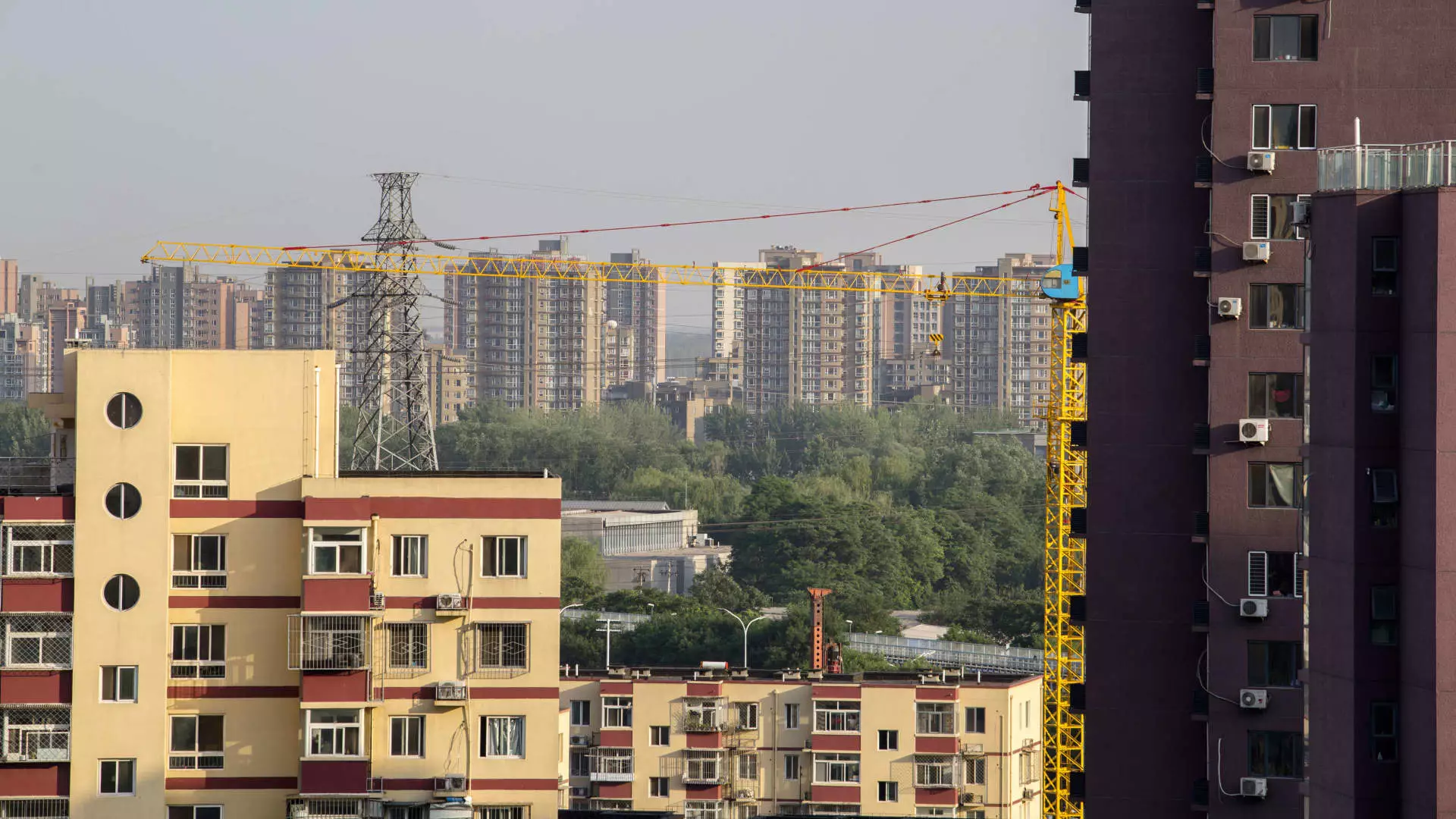Revitalizing China’s Real Estate Sector: Policy Measures and Market Reactions

The Chinese property market has faced significant challenges over the past few years, marked by a drastic decline in investment and buyer confidence. Real estate, traditionally a cornerstone of the Chinese economy, has seen property-related investments plummet by over 10% in the first eight months of this year compared to the previous year. This decline has not only affected developers and investors, but millions of families who have invested their savings into homeownership. These concerning trends have prompted a critical evaluation of the government’s strategies to stimulate the housing market and alleviate the mounting financial pressures faced by households.
On Tuesday, the People’s Bank of China (PBOC) signaled a pivotal shift in its monetary policy. With a strategy focused on alleviating household burdens and invigorating the real estate sector, PBOC Governor Pan Gongsheng announced several key measures aimed at stabilizing the market. A notable initiative includes a reduction in interest rates on existing individual mortgages by an average of 0.5 percentage points. This rate cut, which will lower the yearly mortgage costs for many, is anticipated to provide around 150 billion yuan ($21.25 billion) in savings for households annually.
Furthermore, the policy changes also included an adjustment of the down-payment ratio for second home purchases, reducing it from 25% to a more accessible 15%. By unifying the down payment levels for both first and second homes for the first time, the PBOC aims to simplify the purchasing process for potential homeowners while stimulating demand within the sector.
Investors responded positively to these announcements, with the Hang Seng Mainland Properties Index recording a significant surge of approximately 5% shortly after the news broke. Prominent Hong Kong-listed real estate developers, including China Resources Land, Longfor Group Holdings, and China Overseas Land & Investment, experienced sizable gains, escalating by up to 5.41%. This uptick reflected a renewed optimism among investors regarding the potential recovery of the real estate market, showcasing the immediate impact that financial policy can have on market sentiment.
However, while the initial reactions signal positivity, deeper analysis reveals potential shortcomings in the effectiveness of these measures. According to financial analysts like William Wu of Daiwa Capital Markets, the effectiveness of rate cuts on existing loans may not translate into a heightened demand for new homes. If the interest rate reductions do not lead to substantial increases in home sales or construction activities, the anticipated recovery could be sluggish.
Economic experts emphasize that for the measures to take root and yield tangible results, more comprehensive support for developers is essential. Bruce Pang, chief economist at JLL, highlighted the urgency of launching robust and effective initiatives aimed at nurturing developer health and stimulating property investment. It is only through a well-rounded approach that encompasses support across various fronts—financial, regulatory, and logistical—that the housing market can hope to regain its footing and transition towards a sustainable recovery.
Additionally, international reports have suggested that the Chinese government is considering allowing homeowners to renegotiate their mortgage terms as early as next year, which would mark a significant shift in lending practices. This potential policy change could provide much-needed flexibility to borrowers facing financial stress, though its execution and potential impact remain to be seen.
While recent steps taken by the PBOC indicate a proactive stance against the current stagnation in the property market, the road to recovery is fraught with uncertainties. Although these financial strategies have sparked immediate market optimism, their long-term efficacy remains questionable without complementary support measures for both homeowners and developers. As the situation evolves, continuous monitoring and strategic adjustments will be vital to ensure that the mechanisms put in place can genuinely revitalize China’s ailing real estate sector. The coming months will likely reveal whether such measures can indeed spur a meaningful turnaround in one of the world’s largest real estate markets.





